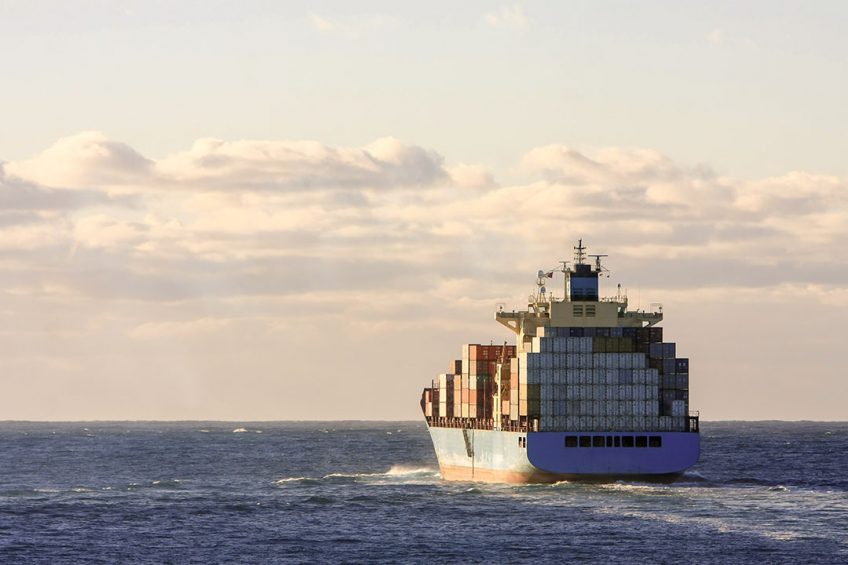Brazil’s pork business hopes for a better 2019

With the new year offering prospects of a better future, Brazil has to admit that 2018 wasn’t a very successful year in terms of pork exports.
The country’s pork sector suffered a drop of 7% in volume (to 645,500 tonnes) and 25.6% in value (to US$ 1.21 billion). As a result, some farmers have abandoned producing in Santa Catarina and Mato Grosso states.
At least 2 main causes were identified, being the Russian embargo against Brazilian pork meat for almost the entire last year and the so called ‘Carne Fraca’ (Weak Meat) operation, which affected the sector’s credibility around the globe.
An extremely challenging year for pork exporters
Ricardo Santin, director of the Brazilian Animal Protein Association (ABPA), commented, “2018 has been extremely challenging for pork exporters. The drop is a direct consequence of the suspension of Brazilian exports to Russia, which was responsible for 40% of the volumes shipped by Brazil. The impacts were drastic, but could have even been worse. The fall of 7.4% could have been 40%.”
The sector did aim to reallocate supplies to other markets, predominantly China. Brazilian pork exports to China grew by 216% and achieved 154,500 tonnes, thus becoming the 2nd largest destination in 2018. In terms of volume, number 1 export destination in 2018 was Hong Kong. Pork exports there increased 3%, to a total of 161,200 tonnes.
Where else did Brazil’s pork exports go?
Other positive highlights included Singapore, Chile, Philippines, Angola, Georgia, Argentina, South Africa and Uruguay. Mr Santin said, “The ABPA is developing an internationalisation process, aimed at reinforcing our relation with importing countries. In addition, we have supplied all clarifications with regard to Russia’s requirements.”
For a long time, Russia’s phytosanitary authorities argued about the presence of ractopamine in Brazilian products and were banning imports from Brazil since December 2017 until November 2018.
All in all, the projections for 2019 are optimistic. Mr Santin said, “The international market will demand more due to the health situation regarding African Swine Fever in China, as largest producer, as well as other countries. Brazil is ready to serve our importing partners.”
Pig farmers in Santa Catarina state
Of all states, Santa Catarina has the most important pig production cluster in Brazil, responsible for about to 30% of the entire production and 40% of exports. As a consequence, 2018 exports results have affected various pig farmers and some of them even ended their activities.
Lousiviano de Lorenzi, president of the Santa Catarina Swine Producers Association (ACCS), said, “The impact was very tough and negative, because prices fell dramatically, not even covering production costs, causing great concern for the productive sector, making the continuity of small producers unfeasible. Smaller ones gave up; it is difficult to say how many.”

Find out all about current-day pig numbers in Brazil and many other countries in our Global Pig Statistics Tool
Credibility issue around Brazilian pork
He emphasised the credibility issue affecting Brazilian exports, despite robust investments on biosecurity improvement and controls inside slaughterhouses to attest the products’ quality both for the domestic market and for abroad.
Mr De Lorenzi said, “We lose markets and we are trying to reverse this. After meetings and missions, the sector has succeeded to recover, but 2018 results have already caused damage.” For 2019 he expected ‘the best possible’ and pointed to China, Philippines, Chile and South Korea (the latter having opened its markets last year) as justification.
Mr De Lorenzi said, “We believe that 2019 will be a prosperous year and all the sector will thrive. Farmers and companies have invested a lot in nutrition, genetics and sanity, besides on rigid controls inside granges and factories. Currently, our production is changing for even more animal welfare and sustainability.”











